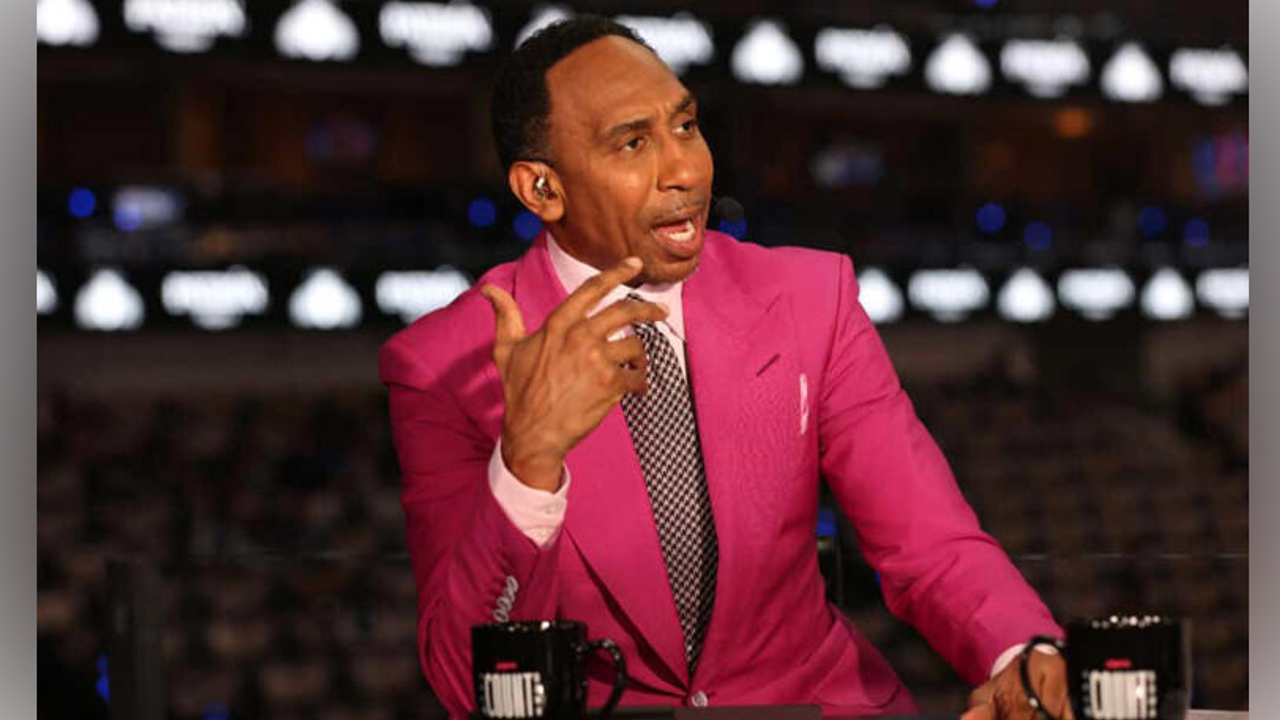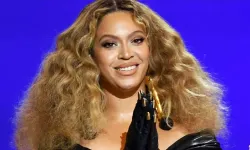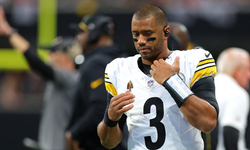The controversy stems from an incident involving Hill, one of the NFL's most electrifying players, whose on-field talent has often been overshadowed by off-field scrutiny. The wide receiver, known for his blazing speed and game-changing abilities, found himself in an encounter with the police that quickly escalated into something far more contentious. Smith, never one to shy away from speaking his mind, took to the airwaves to voice his discontent, raising questions that resonate deeply within the sports world and beyond.
The Incident: A Heated Encounter
Details surrounding Tyreek Hill's incident with law enforcement are still emerging, but what is known has sparked widespread discussion. According to reports, Hill was stopped by police under circumstances that many—including Smith—believe were blown out of proportion. The specifics of the stop, whether it was related to a minor traffic violation or a more serious infraction, remain somewhat murky. However, what is clear is that the encounter between Hill and the officers quickly became a flashpoint for larger conversations about race, power dynamics, and how high-profile athletes are treated by authorities.
Stephen A. Smith was particularly incensed by what he described as "unnecessary escalation" on the part of the police. In his impassioned monologue, Smith questioned whether Hill was targeted due to his celebrity status or other factors, pointing out a history of tense encounters between Black athletes and law enforcement.
“Why do we keep seeing this? What is it about Black athletes that makes them targets, even when they’re just trying to live their lives?” Smith asked, his voice rising in intensity as he called for accountability not only from law enforcement but from the NFL and broader sports institutions as well.
A Pattern of Scrutiny
Tyreek Hill, despite his incredible talent, has not been without controversy throughout his career. His off-field behavior has been scrutinized, including past legal issues that some critics have pointed to as evidence that he should be more heavily policed. But Smith, in his defense of Hill, pushed back hard against the idea that these past indiscretions justify the treatment he received from police in this latest incident.
“When you’re a Black man in America, they don’t care if you’re a superstar or a regular guy—you're always under the microscope,” Smith said, his words underscoring a broader sentiment of frustration within the African American community about how people of color are treated by law enforcement.
Smith went on to argue that Hill’s athletic prowess should not serve as an excuse to treat him differently, for better or worse, than any other citizen. “Tyreek Hill deserves to be held accountable for his actions, just like anyone else. But what we cannot allow is for these athletes to be treated unfairly just because of who they are or where they come from.”
The Broader Implications: Race and Responsibility
Stephen A. Smith’s explosive commentary on the issue has reignited a national debate, one that touches not just on Tyreek Hill’s individual situation but on broader questions of race, responsibility, and justice in sports. Hill’s encounter with the police isn’t an isolated incident—similar stories have emerged about other Black athletes who, despite their wealth and fame, have found themselves in situations where they felt unfairly targeted by law enforcement.
Smith’s outcry represents a growing chorus of voices calling for change. The question of how athletes, particularly Black athletes, are treated by the authorities has been at the center of sports discourse for years, from the days of Muhammad Ali to Colin Kaepernick. The fear is that as long as these incidents continue to happen, it sends a message that no matter how successful a Black athlete may become, they will always be subjected to a level of scrutiny that their white counterparts might not face.
Tyreek Hill: The Man in the Middle
For Tyreek Hill, this incident is another chapter in a career that has been filled with both triumph and controversy. On the field, Hill is one of the most dynamic receivers in the NFL, a player whose speed and skill can change the course of a game in an instant. Off the field, his life has been more complex, with legal troubles and personal struggles that have made him a lightning rod for criticism.
But Stephen A. Smith’s passionate defense of Hill serves as a reminder that athletes, despite their fame and fortune, are still human beings deserving of fair treatment. “We can’t just sit back and let this keep happening,” Smith said. “It’s time to ask the hard questions—why are we seeing this over and over again? And what are we going to do about it?”
As the story continues to unfold, the fallout from Hill’s police encounter—and Smith’s searing response—will likely continue to dominate sports headlines. For now, one thing is clear: the conversation about race, athletes, and justice in America is far from over.













